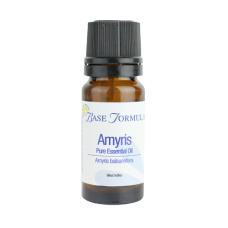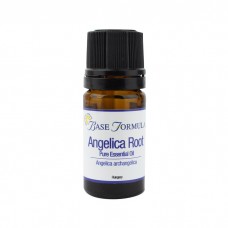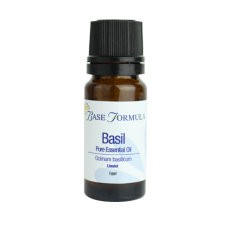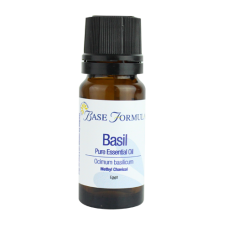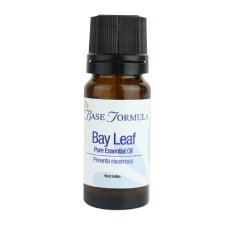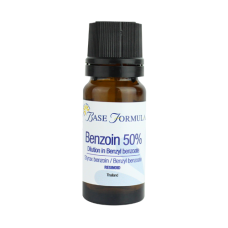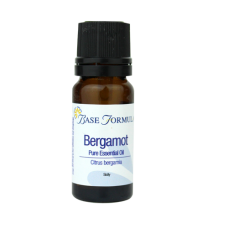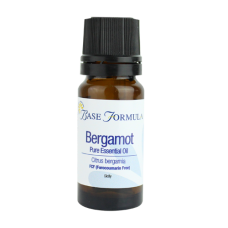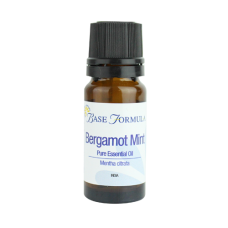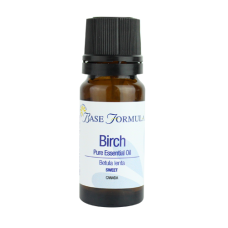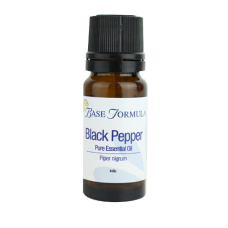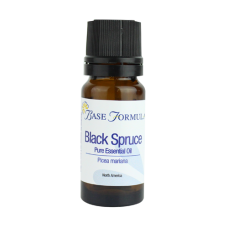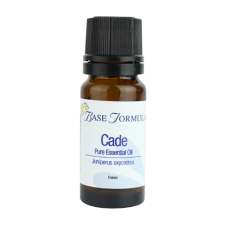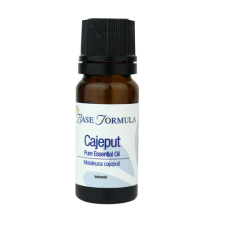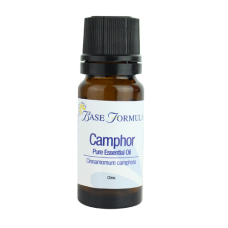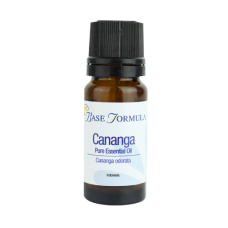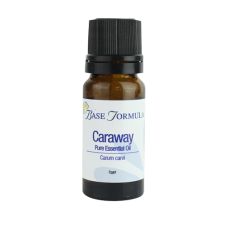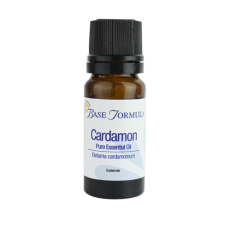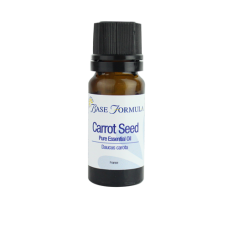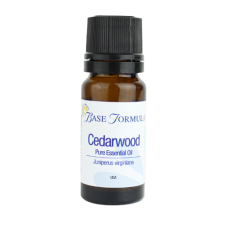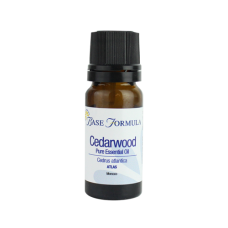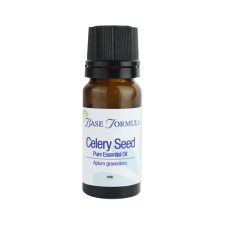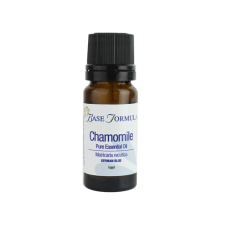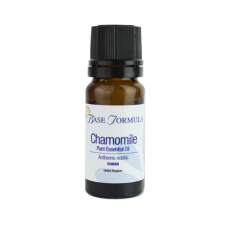Pure Essential Oils
Base Formula was established in 1996 and is a leading online supplier of 100% pure, premium quality aromatherapy essential oils to aromatherapists, colleges, the NHS, hospices, care homes, and home enthusiasts in the UK and overseas. We are corporate members of the IFA, IFPA and Aromatherapy Trade Council and pride ourselves on our product quality, expertise, and customer service. We offer our essential oils at competitive prices and everyone is welcome to buy!
Oils are available in one or more of the following sizes: 2ml (supplied in 5ml bottle), 5ml, 10ml or 50ml. 2ml to 10ml are supplied in amber glass bottles with tamper-evident caps. 50ml sizes are supplied in EP resin-lined aluminium bottles.
If you are new to aromatherapy please read our advice on how to administer essential oils safely. You may also be interested in our more detailed dilution and measurement guidelines for using essential oils on the skin.
Amyris (West Indian Sandalwood) Essential Oil
Amyris essential oil is steam distilled from the bark of the Amyris balsamifera tree that is native ..
£4.50 Ex Tax: £3.75
Angelica Root Essential Oil
Angelica Root essential oil has a sharp, green, herbaceous aroma with peppery overtones. Its virtues..
£16.50 Ex Tax: £13.75
Basil (Linalol) Essential Oil
Basil essential oil is steam-distilled from the leaves and flowering tips of the popular 'basil' her..
£4.50 Ex Tax: £3.75
Basil (Methyl Chavicol) Essential Oil
Basil essential oil is distilled from the leaves of the herb. The cultivar, geographic origin of the..
£2.88 Ex Tax: £2.40
Bay Leaf Essential Oil
Bay is an evergreen tree that is native to the West Indies, Venezuela and the Guianas. The bay tree ..
£7.38 Ex Tax: £6.15
Benzoin Resinoid Dilution 50% in Benzyl benzoate
Benzoin has been used since ancient times as a soothing aromatic incense, and to drive out evil spir..
£4.14 Ex Tax: £3.45
Bergamot Essential Oil
Bergamot is small citrus tree native to South East Asia. Its name comes from the small town of Berga..
£4.44 Ex Tax: £3.70
Bergamot FCF Essential Oil
Bergamot essential oil is expressed from the peel of the nearly ripe Bergamot fruit. It has a c..
£4.44 Ex Tax: £3.70
Bergamot Mint Essential Oil
Bergamot Mint (Mentha citrata) essential oil, sometimes called Lemon Mint, Citrus Mint or Eau de C..
£4.26 Ex Tax: £3.55
Birch (Sweet) Essential Oil
Sweet Birch (Betula lenta) also known as Black Birch, Cherry Birch, Mahogany Birch, or Spice Bir..
£3.24 Ex Tax: £2.70
Black Pepper Essential Oil
Black Pepper essential oil is extracted from the dried, crushed, almost-ripe, red fruit of the ..
£3.84 Ex Tax: £3.20
Black Spruce Essential Oil
Black Spruce (Picea mariana) essential oil is steam distilled from the twigs and needles of the Blac..
£3.96 Ex Tax: £3.30
Cade (Rectified) Essential Oil
Cade essential oil is distilled from the branches and wood of the Juniper tree. According to folklor..
£3.30 Ex Tax: £2.75
Cajeput Essential Oil
Cajeput (Melaleuca cajeputi) also known as cajuput is a medium to tall evergreen tree with white spo..
£3.06 Ex Tax: £2.55
Camphor White Essential Oil
Camphor (Cinnamomum camphora) is a tall evergreen tree from the Lauraceae family that is native to C..
£2.88 Ex Tax: £2.40
Cananga Essential Oil
The cananga tree (cananga odorata) belongs to the same botanical family as the tree which produces&n..
£5.58 Ex Tax: £4.65
Caraway Essential Oil
Caraway is a bi-annual herb that originated from Asia Minor, but is now cultivated in Northern Europ..
£3.66 Ex Tax: £3.05
Cardamon Essential Oil
Cardamon is native to India, and is traditionally used in Ayurvedic medicine for spiritual perfumery..
£8.94 Ex Tax: £7.45
Carrot Seed Essential Oil
Carrot Seed essential oil is rich in beta carotene and Vitamins B, C, D and E. It is mainly obt..
£5.58 Ex Tax: £4.65
Cedarwood (Virginian) Essential Oil
Virginian Cedarwood, also known as Red Cedar, is a slow growing evergreen tree that grows in t..
£3.06 Ex Tax: £2.55
Cedarwood Atlas Essential Oil
The Atlas Cedar originated from the famous cedars of Lebanon which are referred to in the bible. It ..
£2.88 Ex Tax: £2.40
Celery Seed Essential Oil
Celery is a familiar plant known in the modern world as a vegetable, but which in the past has ..
£5.34 Ex Tax: £4.45
Chamomile (German / Blue) Essential Oil
German Chamomile essential oil, also known as Blue Chamomile, is one of the best aromatherapy oils (..
£8.16 Ex Tax: £6.80
Chamomile (Roman) Essential Oil
Chamomile (Roman) essential oil is a deeply relaxing and calming essential oil that is also widely u..
£11.88 Ex Tax: £9.90
What are essential oils?
Pure essential oils are extracted from aromatic plants that produce fragrant essences located in tiny secretory cells in various parts of the plant. These natural essences can be found in flowers, leaves, twigs, berries, seeds, roots, peel, resin, bark or wood. Tea Tree for example comes from leaves and twigs, Lavender from flowers, Lemon from peel and Sandalwood from wood. The plant uses these magical essences for many of the same things that we use them for, such as fighting infection, healing wounds and repelling insects. They are therefore often described as the aromatic heart, life force and soul and spirit of the plant!
When an essence is extracted it undergoes subtle chemical changes, turning it into an essential oil. Essential oils are highly complex, powerful substances, with each oil containing more than 100 different chemical compounds that combine to produce a unique set of therapeutic properties.
How are essential oils extracted?
Aromatherapy essential oils can be extracted from aromatic plants via three main methods.
- Distillation: The aromatic plant material is heated via water and/or steam until a vapour is formed. The vapour is then condensed back into a liquid which contains the active chemicals from the plant. Some of these natural chemicals are ‘oily’, and as oil and water don’t mix, the essential oil floats to the surface and can be separated off. The remaining water is known as a hydrolat or hydrosol and can also be used for therapeutic purposes.
- Expression: This method is also known as ‘cold pressing’ as no heat is involved. It is most commonly used to extract essential oils from citrus fruits. The method involves mechanically puncturing the rind of the fruit to release the essential oil. Water is sprayed over the fruit to collect the oil and this solution is then filtered and centrifuged to extract the pure oil from the water and other solids. This method produces high quality oils with aromas that are almost identical to the fruit itself.
- Solvent extraction: This method is used for the most delicate plant materials that aren’t suited to distillation, or where the plant material contains only very small amounts of essential oil. It involves the use of solvents such as petroleum ether, ethanol, methanol or hexane to dissolve and extract the plant’s fragrant compounds as well as other botanical material such as fats, waxes and pigments. This yields a thick and waxy substance that is known as ‘concrete’. The concrete is then treated with alcohol to extract the oil which is known as an ‘absolute’. Absolutes are more concentrated than essential oils both in their aroma and therapeutic powers and should be used in low concentrations.
Health benefits of essential oils
Essential oils possess a wide range of therapeutic benefits that can help balance and heal our mind, body and soul. They can be used to boost our energy levels during the day, relieve anxiety and stress, aid relaxation, sleep better at night, boost our immune system, fight infection, ease pain, care for our skin, keep our homes clean, and much more. And, unlike modern medications, these naturally therapeutic oils have no nasty side-effects if used correctly.
How do essential oils work?
Essential oils enter the body via inhalation (i.e. breathing them in) and by absorption through the pores of the skin. Once inside the body they circulate via the bloodstream and travel to the different organs and body systems where they can start to take effect.
How to use essential oils
Massage is one of the most effective ways of using essential oils, as the power of touch actually enhances the healing potential of the oils. The essential oils should always be diluted in a carrier oil prior to application. Other popular uses include: baths or showers, vaporisation (in a candle burner or aromatherapy diffuser), inhalations, or in creams, lotions and gels to improve the condition of the skin. If you'd like more information read our blog on aromatherapy for beauty and healing.
Buying quality essential oils
Essential oils are not just used for aromatherapy. They can also be used in fragrancing, cosmeceutical, food and drink, and other industries. Whilst these other industries may use lower quality essential oils, or constituent elements of the oils, the oils used for aromatherapy and natural skincare should always be of the purest, highest quality in order to be therapeutically active.
Poor quality essential oils do not have the same therapeutic effects as high quality oils. They may have been distilled from poor crops, they may have been handled incorrectly, they may be old/oxidised, or they may have been adulterated in some way (this means that distillers or essential oil suppliers may have added chemicals or other oils to make them cheaper or easier to supply). Oils that have been adulterated or tampered with are no longer pure, whole, natural substances and will therefore not work in the same way as a 100% pure, high quality oil. They may even cause harmful side-effects.
When using essential oils therapeutically it is crucial that you only buy 100% pure, premium quality, essential oils from a reputable and established aromatherapy supplier such as Base Formula. We guarantee that all our oils are 100% pure and unadulterated and will always detail the botanical species, chemotype and country of origin. As members of the Aromatherapy Trade Council our oils are subject to random testing at independent laboratories to ensure they're of the purist quality. We can also provide Gas Chromatography Analysis on request (subject to availability).
Using essential oils safely
Pure essential oils are highly concentrated, powerful liquids that can be toxic if used incorrectly. Please read our general safety advice to ensure that you use them safely and effectively.
Storing essential oils
Essential oils should be kept in either UV filtering, dark-coloured glass or resin lined metal containers (usually aluminium) and stored away from light and heat. The bottle caps should be replaced immediately after use and kept tightly closed to prevent oxidisation. An ideal storage temperature range is between five and 10 degrees celsius which should be kept as constant as possible; the salad compartment of a fridge is ideal, particularly for the more volatile top note oils. Read our more detailed advice on maximising the shelf life of your essential oils.

